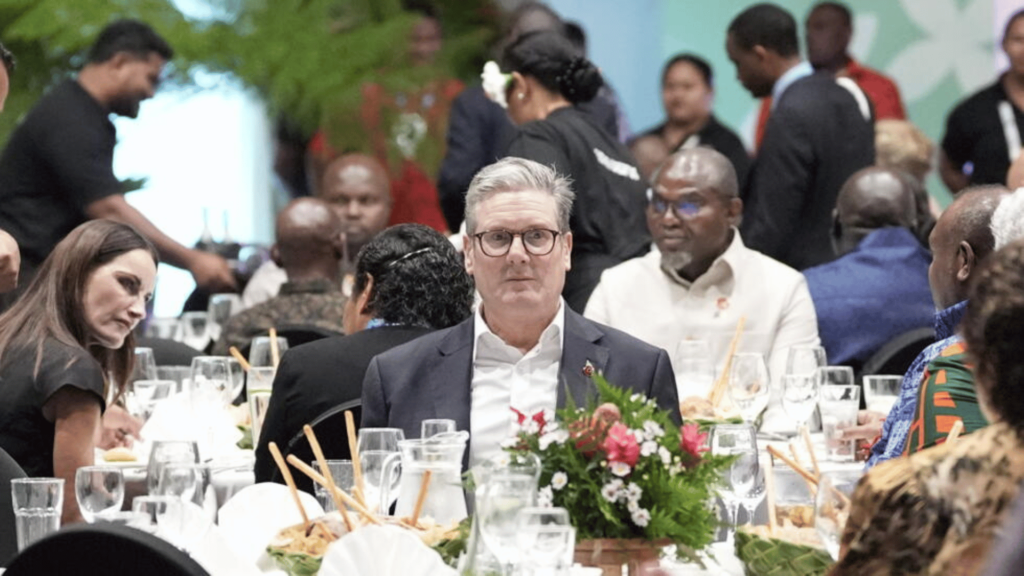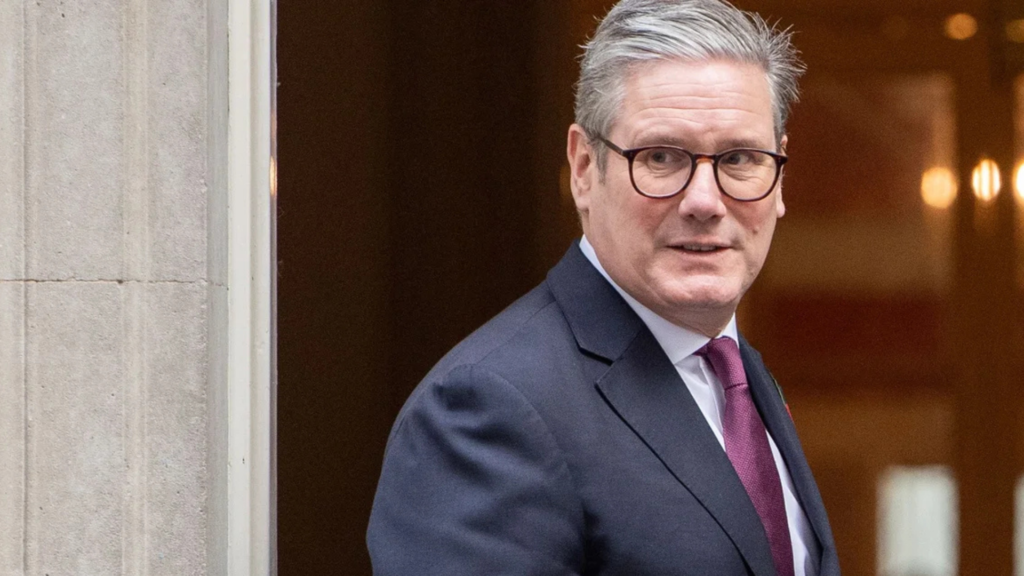
Commonwealth leaders are preparing to challenge the UK on the issue of reparations for the transatlantic slave trade. Discussions are being held to explore reparatory justice despite Downing Street’s insistence that it is not on the official agenda for the upcoming summit in Samoa. Diplomatic sources revealed that an agreement is being negotiated to conduct research and start meaningful conversations on the topic.
Bahamas Foreign Minister Frederick Mitchell expressed confidence that, although it may take time, the issue will gain traction, potentially leaving the UK facing significant financial claims.
Commonwealth Leaders Push for Reparatory Justice, Defying UK Opposition
Commonwealth leaders are pushing for reparatory justice for the transatlantic slave trade, despite resistance from the UK. A draft communique, outlines plans for a meaningful dialogue on reparations, emphasizing financial compensation, debt relief, educational programs, museums, and economic support.
The text, which could still change, asserts the need for research and conversations on the slave trade’s lasting impact. British officials have tried to prevent this language but now face three paragraphs detailing the Commonwealth’s position.
Caribbean leaders, through Caricom, have expanded the scope to include Pacific slavery practices like “blackbirding.” Reparatory justice is expected to be a central focus at the next Commonwealth summit in two years. A report from the University of West Indies claims the UK owes over £18 trillion in reparations for its role in Caribbean slavery.
Reparations Debate Continues as UK Prioritizes Economic Growth

Last weekend, Bahamas Prime Minister Philip Davis told UK minister Baroness Chapman that the fight for reparations is not over. Bahamas Foreign Minister Frederick Mitchell emphasized the need for an apology, saying the issue is about respect and acknowledgment, not just money. He noted there is reluctance to start the conversation.
The UK government, however, said reparations are not on the agenda, focusing instead on future opportunities and economic growth. Some Caribbean ministers were angered by the UK’s position. UK Prime Minister Keir Starmer said he would focus on current issues like climate change, rather than lengthy discussions on reparations.



